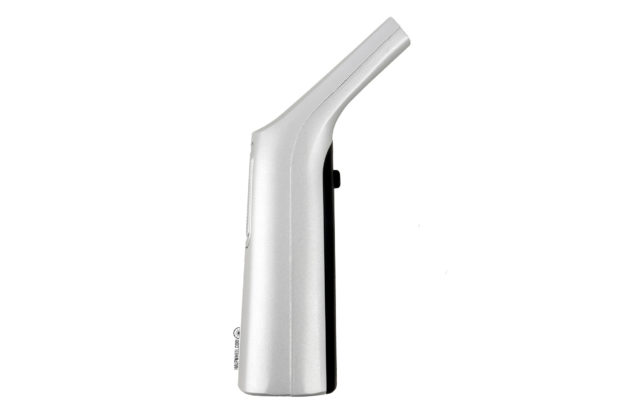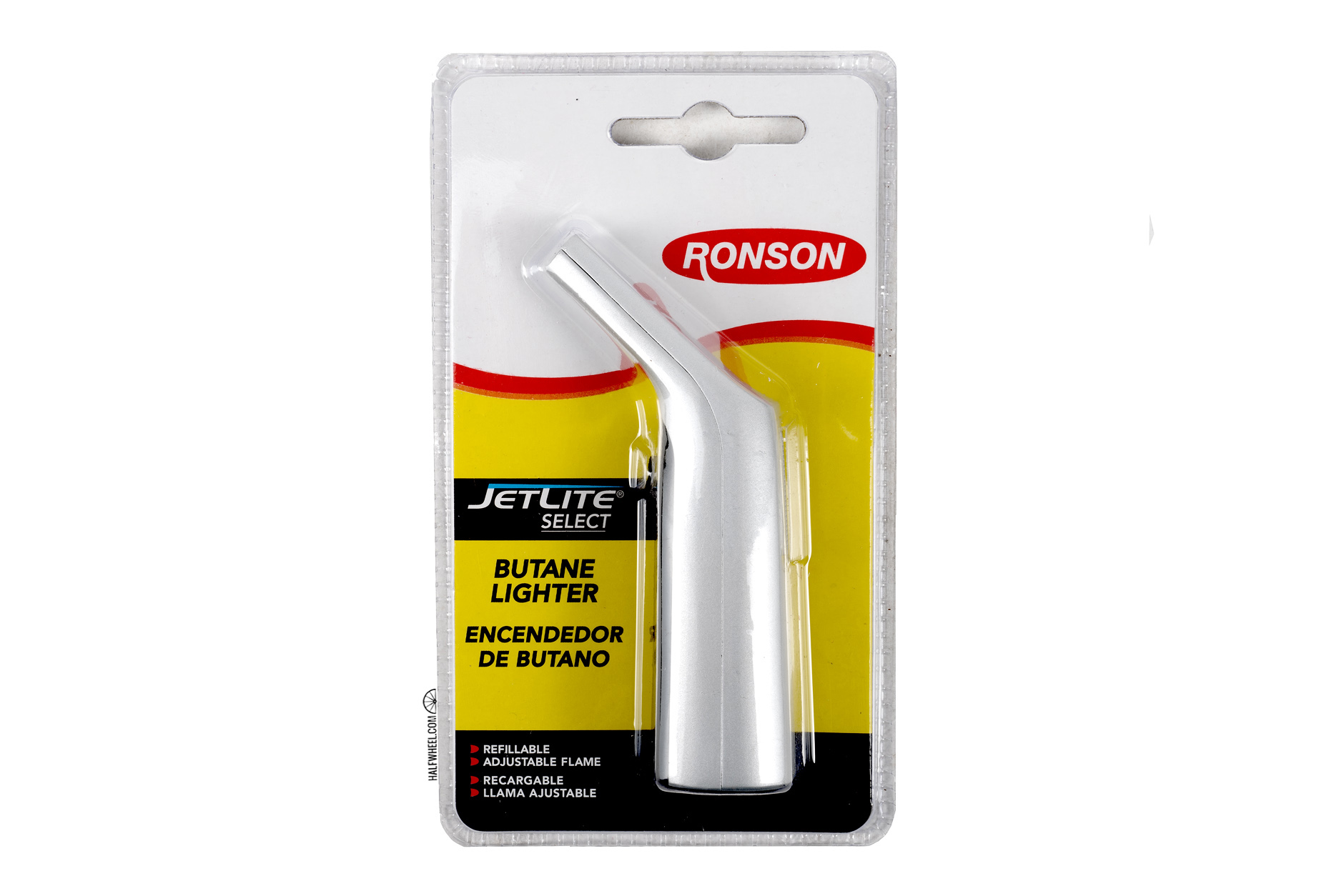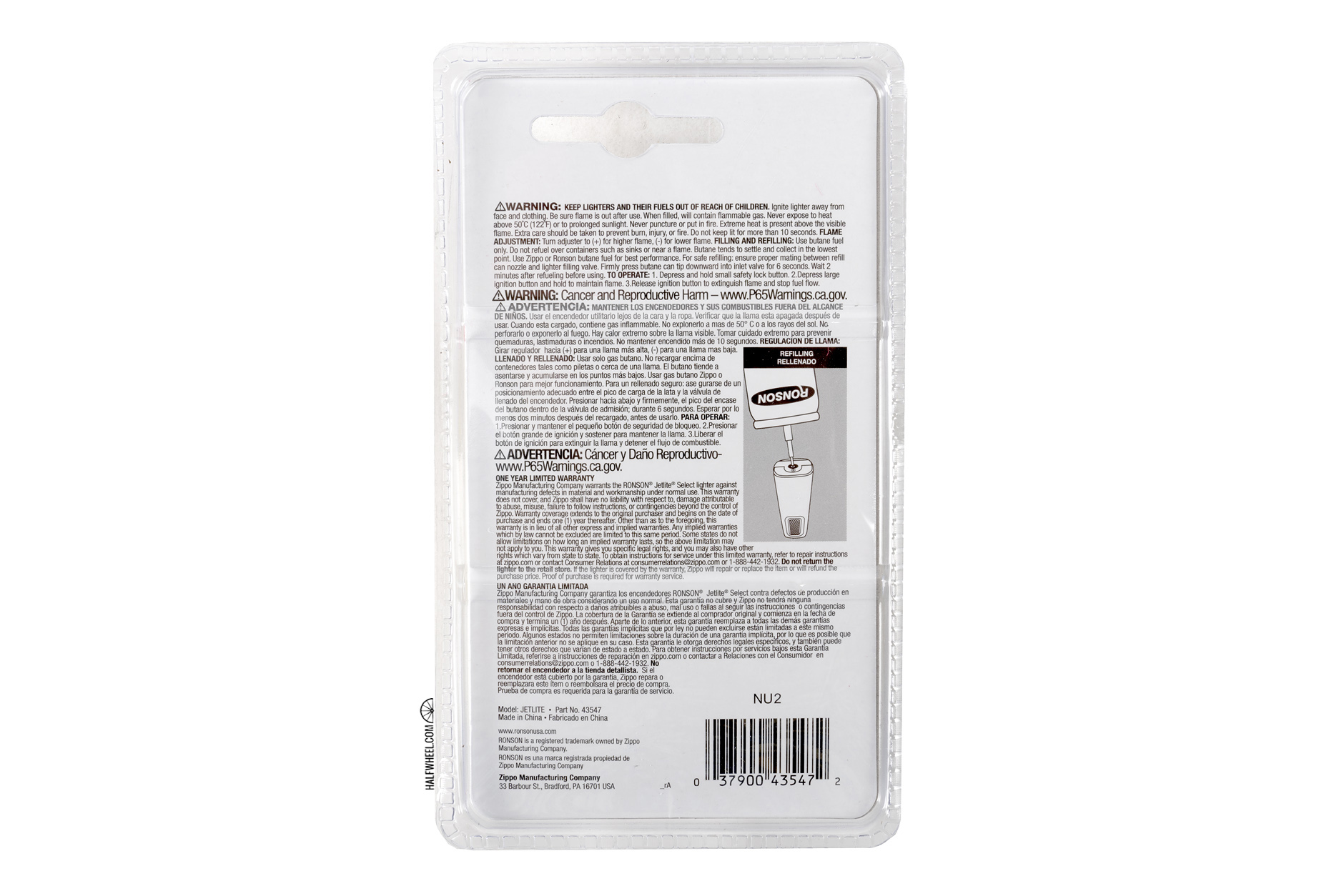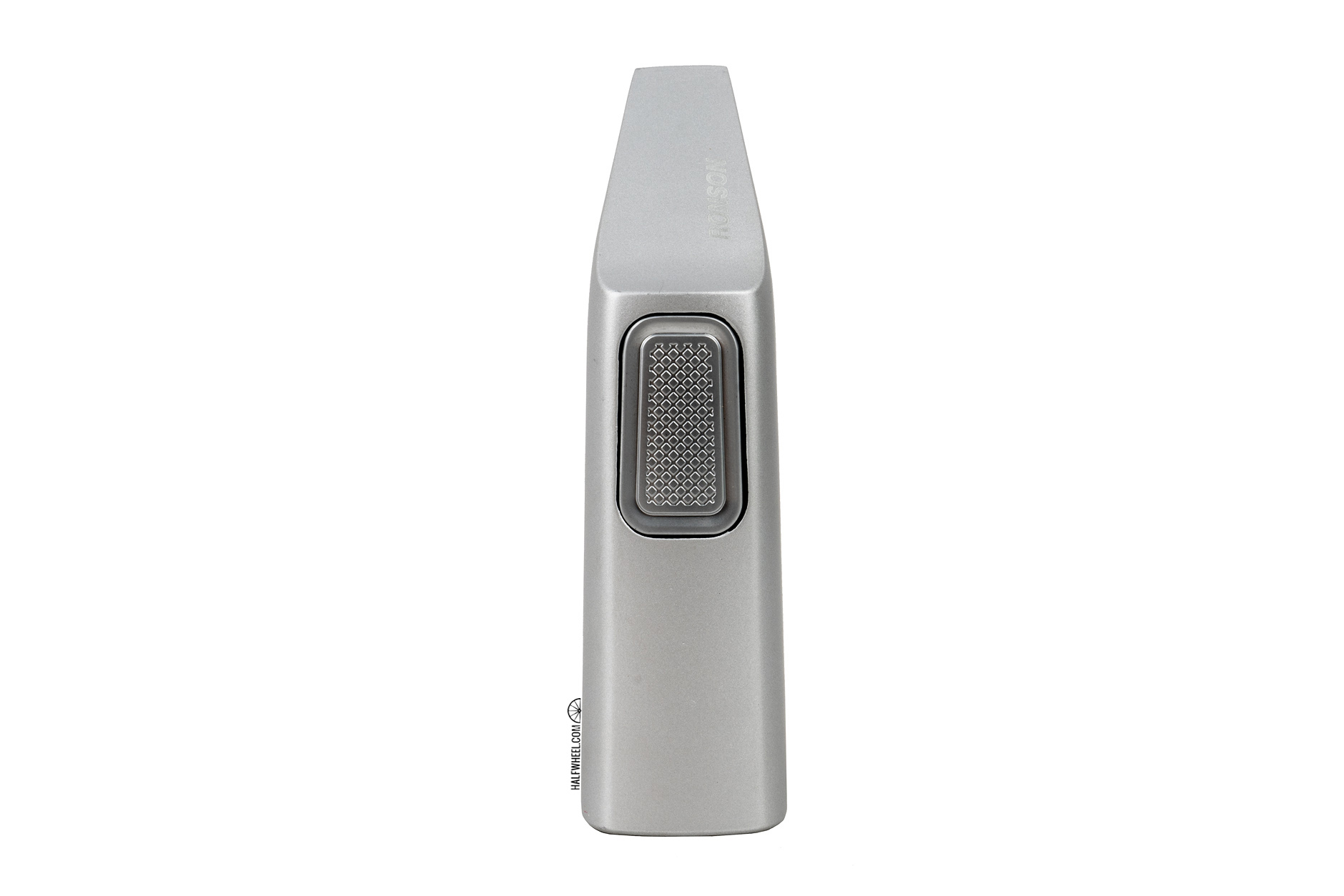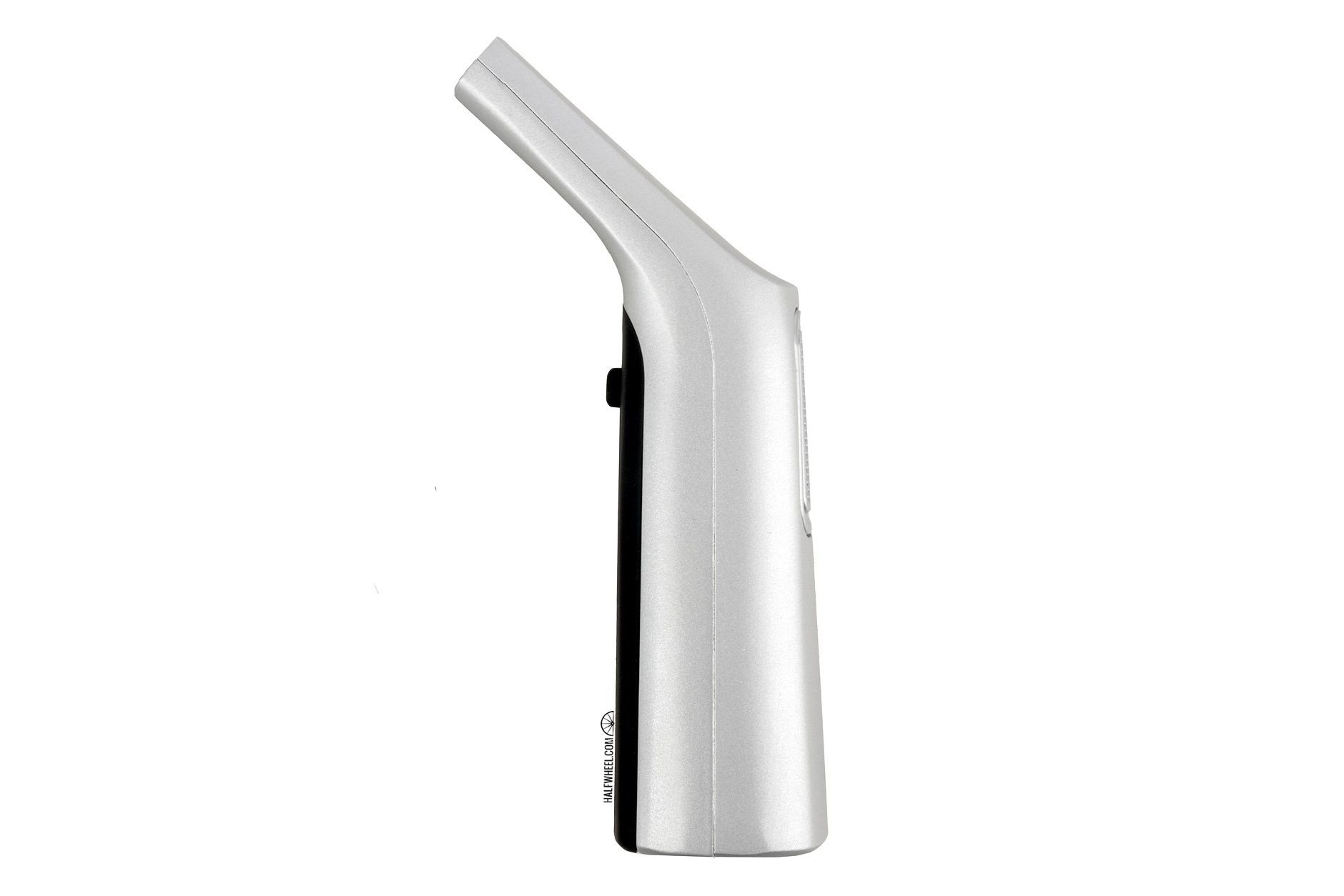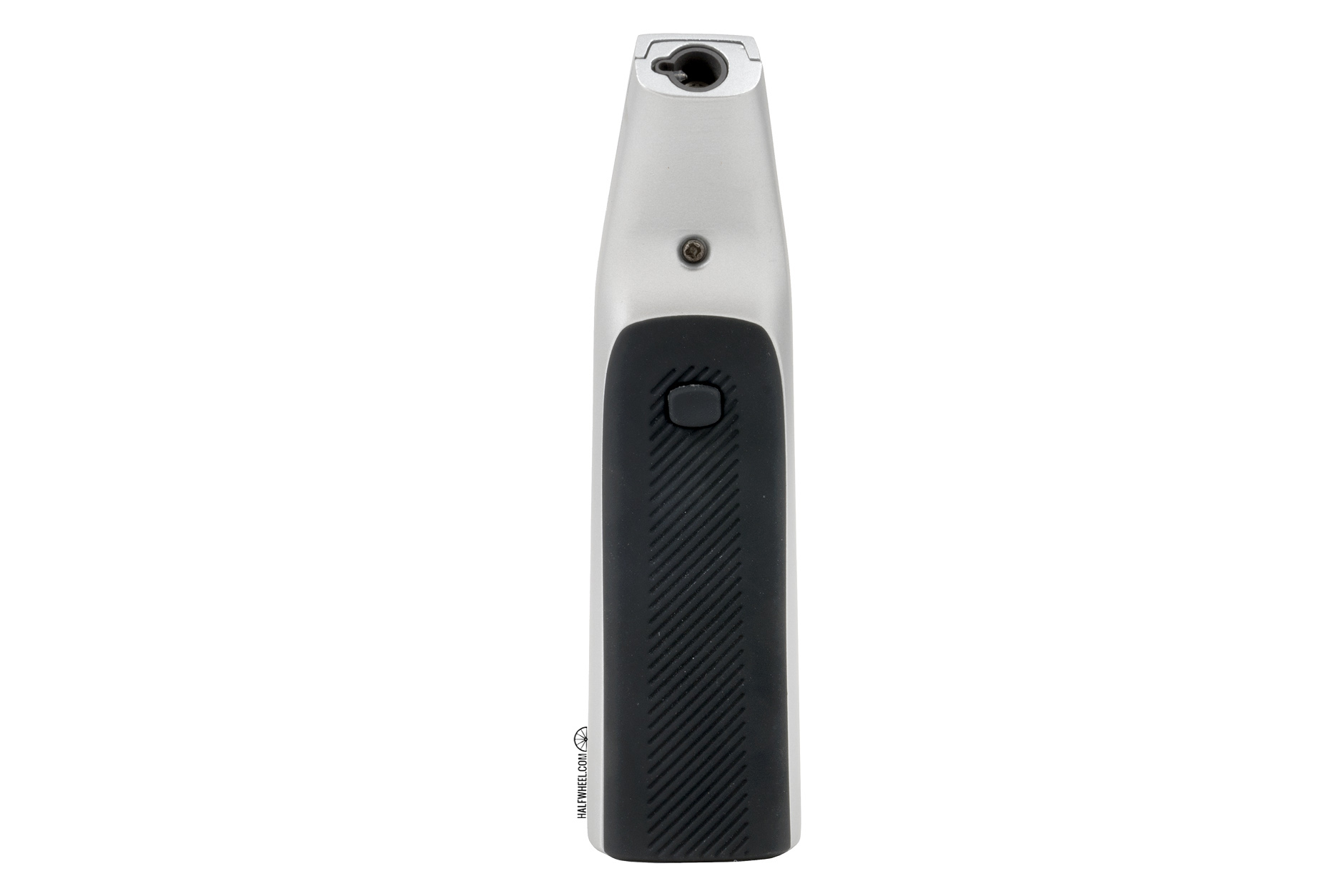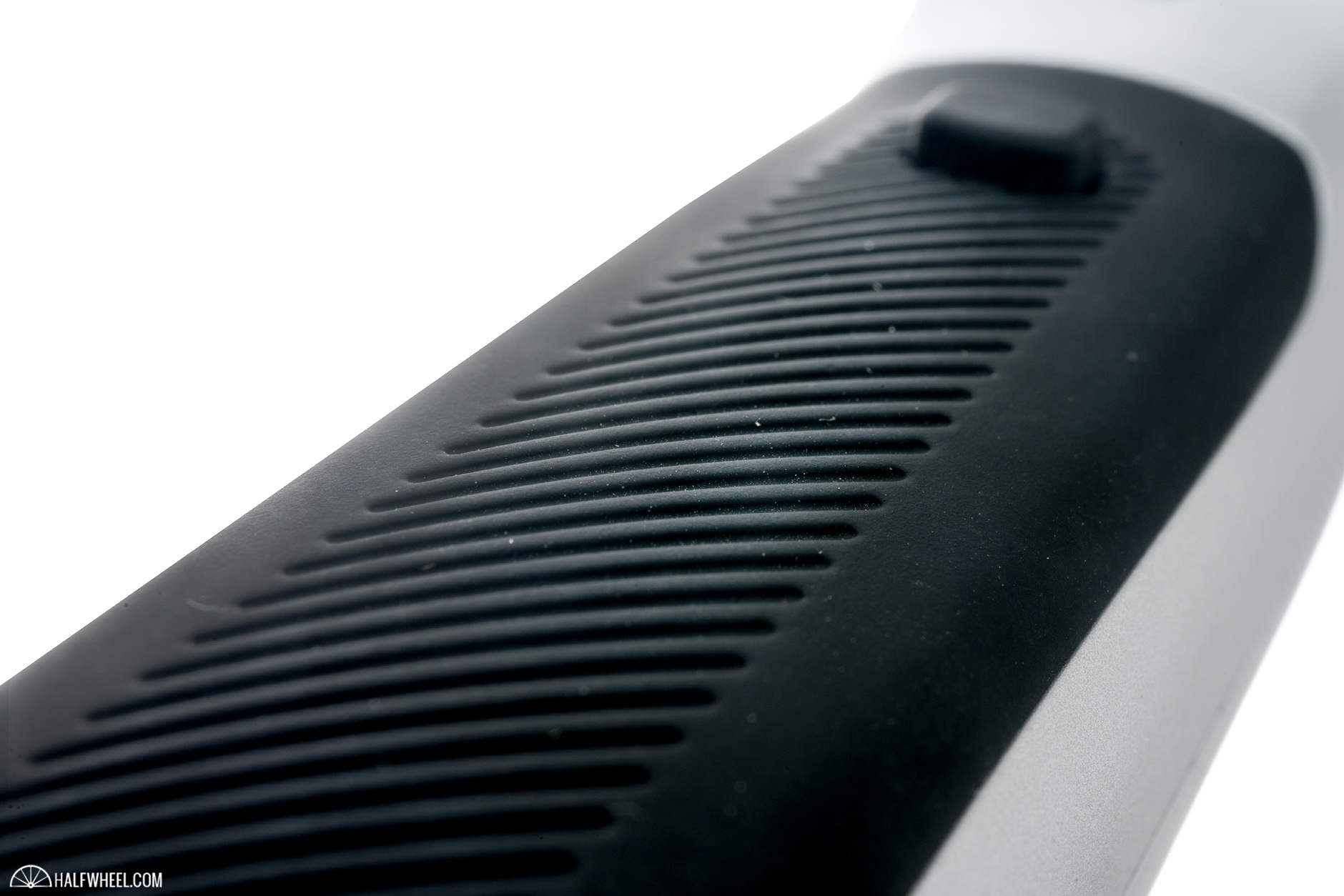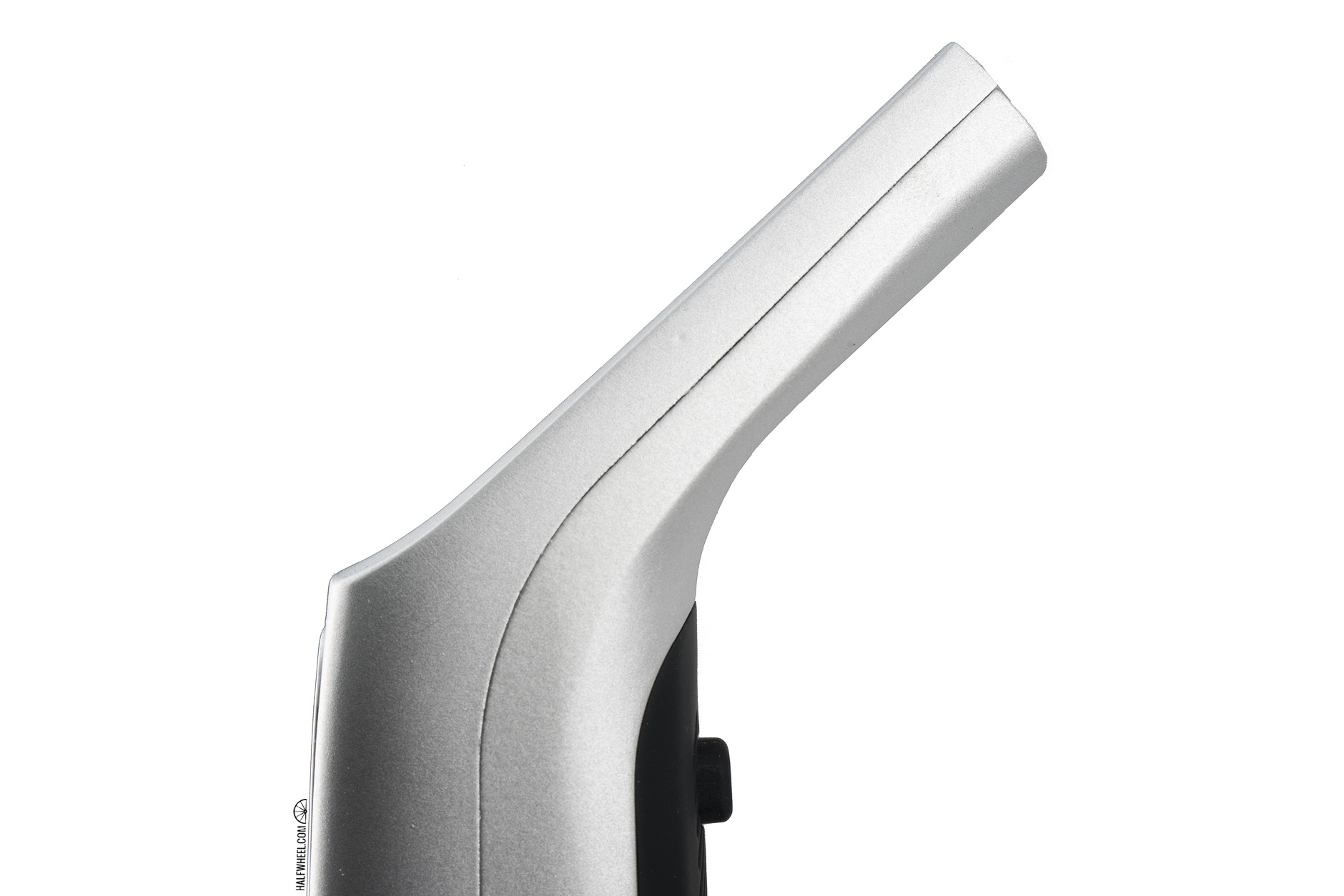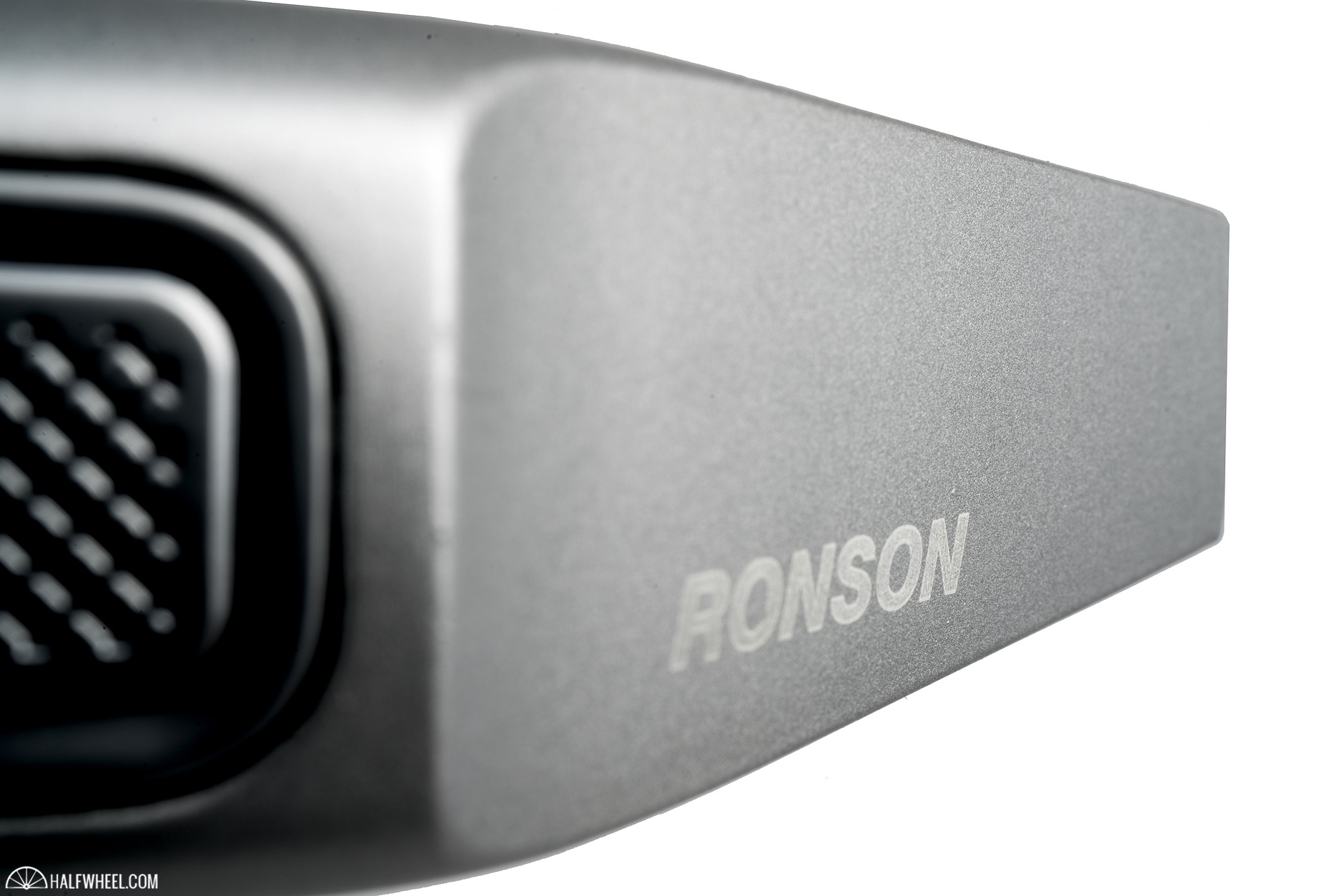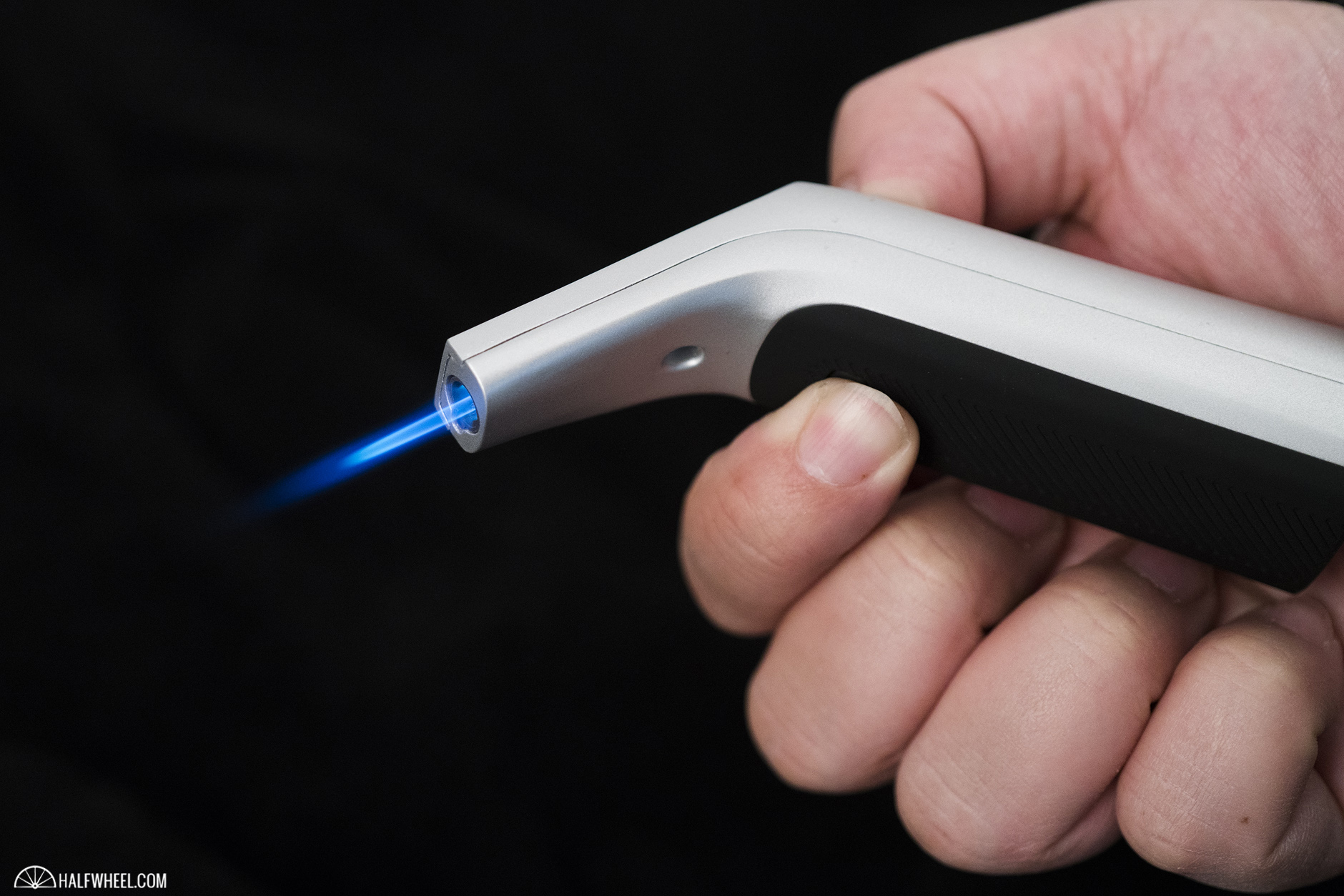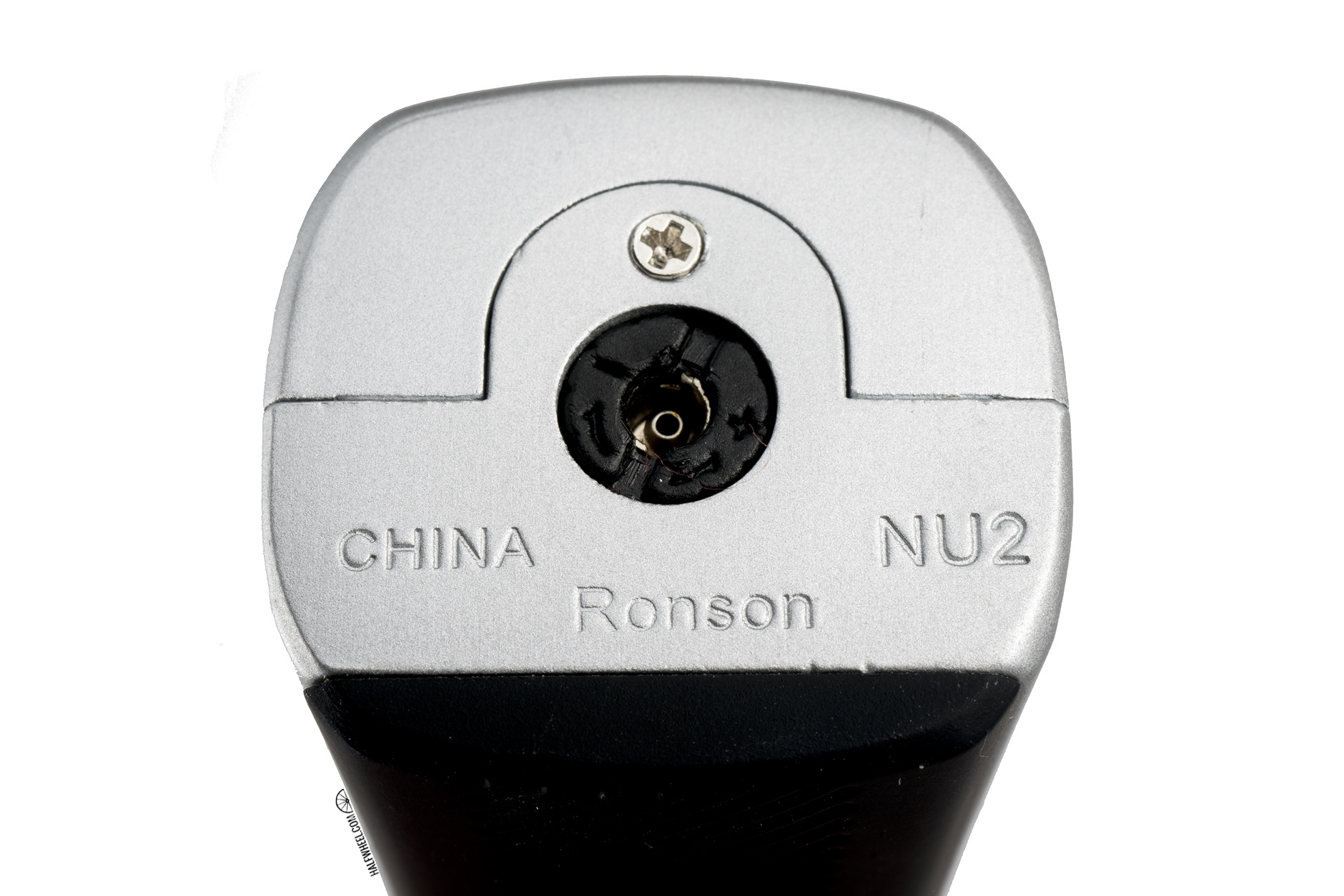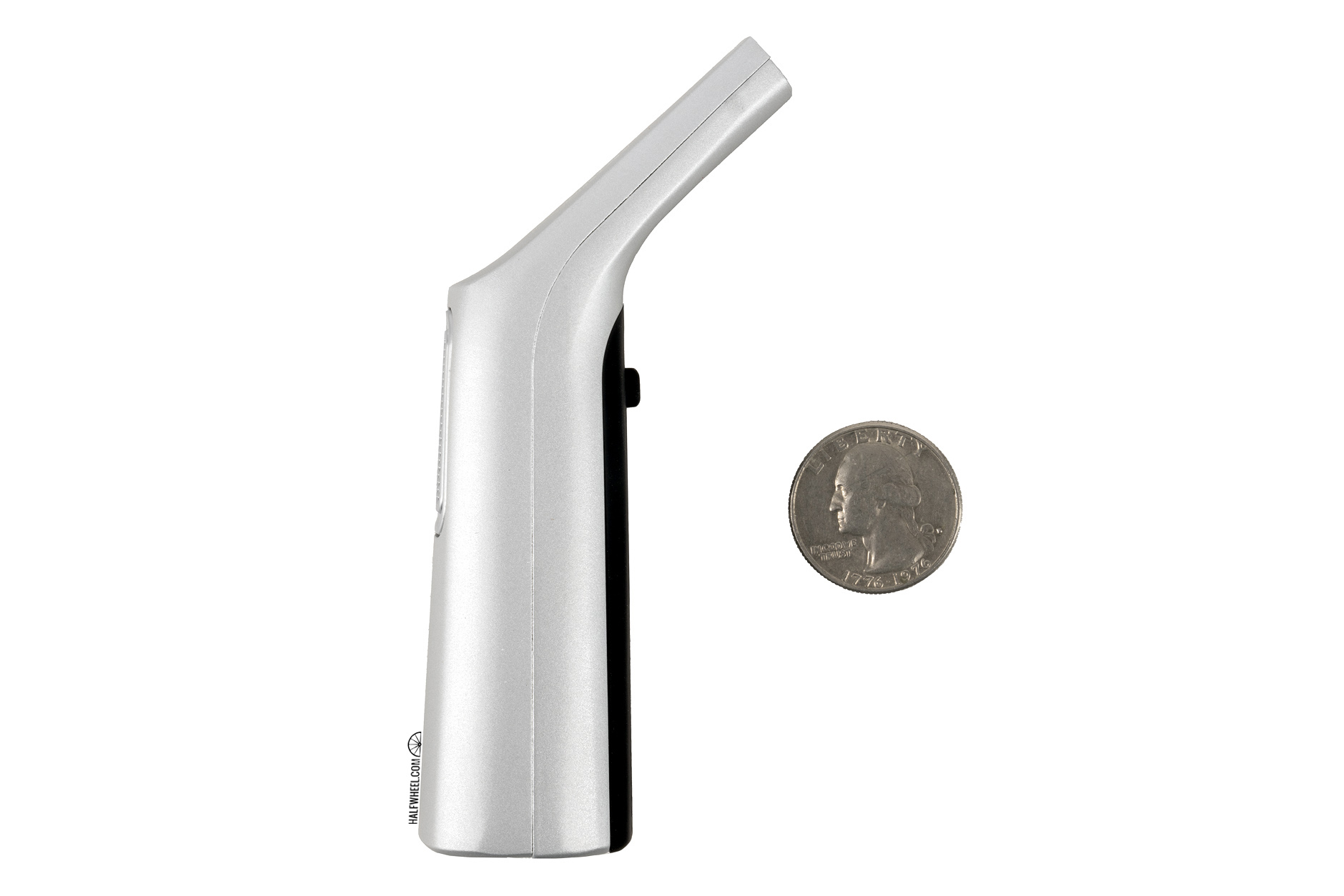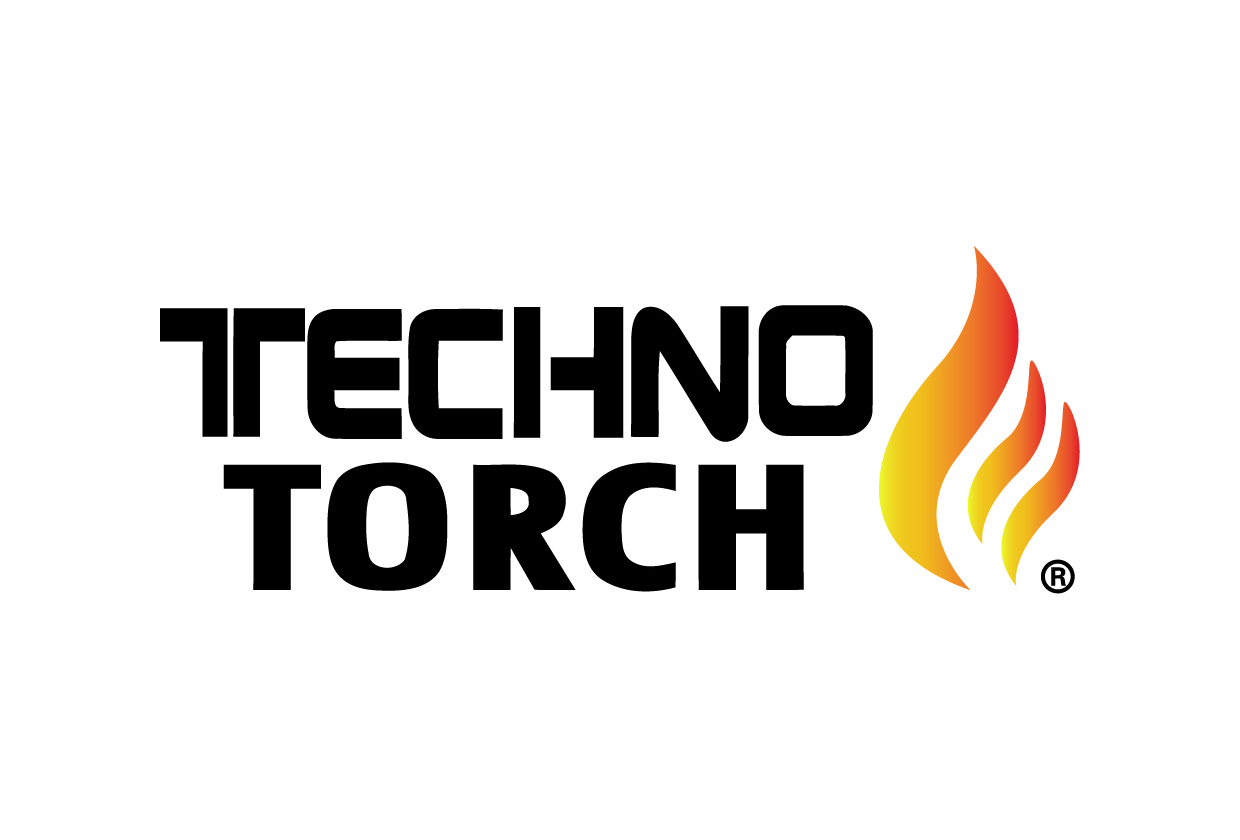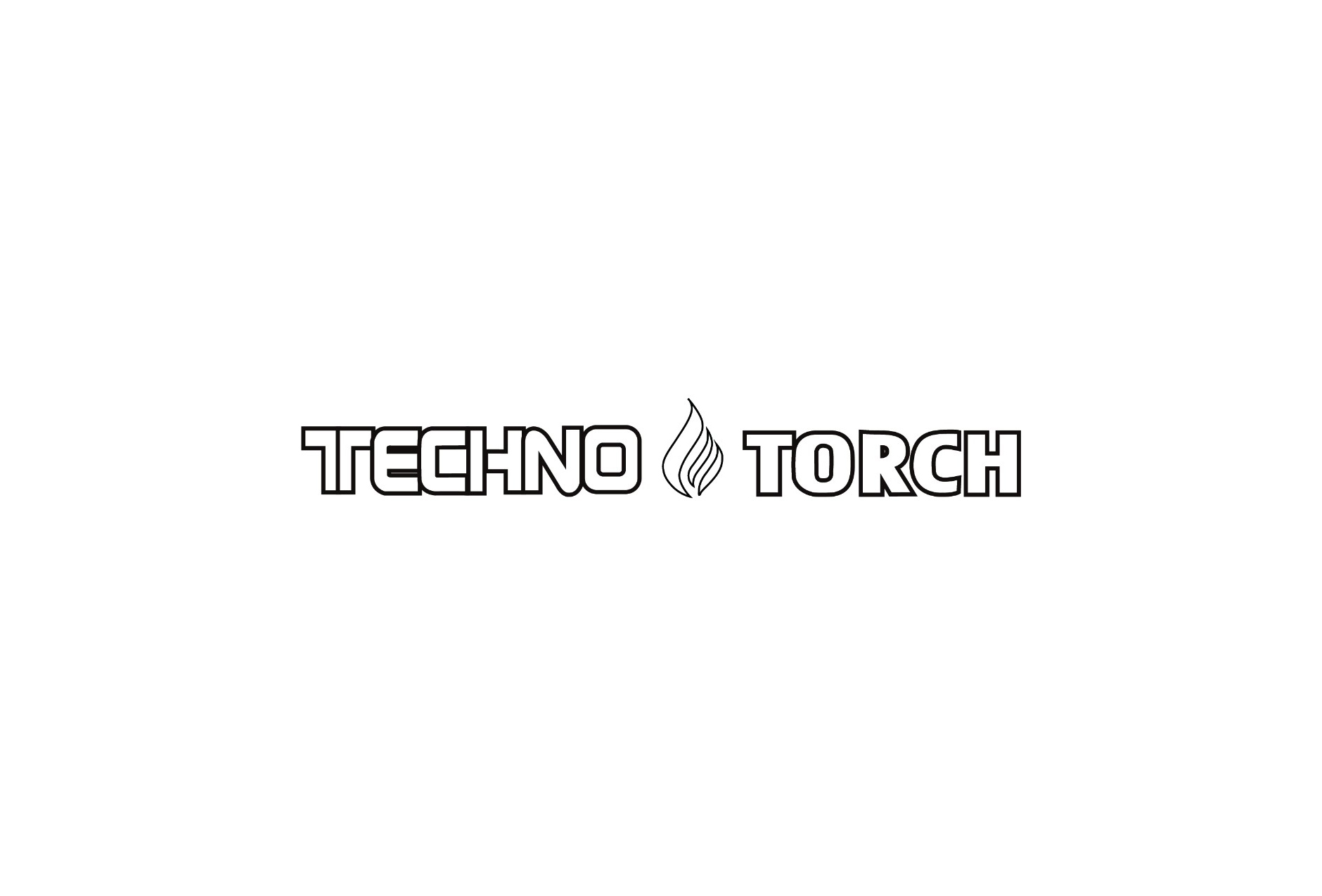For a company with 120 years of experience making lighters, it’s sort of amazing that Ronson doesn’t have a better presence in the premium cigar industry. Of course, it hasn’t been a completely linear 120 years.
The Ronson Consumer Products Corporation, as it is properly known, was founded in 1897 in Newark, N.J. by Louis Vincent Aronson and Leopold Herzig under the name The Art Metal Works, though it wasn’t incorporated until 1898. While the company made a number of products including hood ornaments, lamps, book ends and art statues, Aronson was particularly well regarded as an inventor and scientist, receiving a U.S. patent for a metal-plating process that was commercially viable and discovering a process for electrically producing tinplate. He’d go on to invent what he called the Non-Toxic Match and the All-Weather Match, as well as the wind-match, which promised combustion under the windiest of conditions.
In 1913, Aronson received a patent for what he called a Liter, an automatic pocket lighter based on recent developments in the manufacture of safe flint materials. In 1926, he create the Banjo lighter, which both lit and extinguished the lighter with a single mechanism. The following year, the Ronson De-Light Lighter delivered a flame with the flip of the lid, a revolution in automatic lighters. The company would develop numerous other lighters as well as moving into electric shavers and cooking appliances.
While the company would remain visible until through the 1970s, that decade brought on new competition and the company wouldn’t see profitability, leading to it being spun off as independent companies as well as some pieces sold off to competitors. The company changed hands several times throughout the 1980s and 1990s, with Victor Klam, the owner of Remington Products making significant changes at the end of the 1990s and into the early 2000s that led to profitability, including the move into disposable lighters.
In 2010, the North American companies’ intellectual property assets were sold to Zippo Manufacturing Company, which still holds the rights to the marks in the United States, Canada and Mexico and continues to make lighters and Ronsonol fuel. In pretty much every other country, the brand is owned by Ronson International Limited, which is headquartered in Northampton, England.
Today, the brand’s offerings are quite limited, at least judging by the limited listing on Zippo’s website. The company offers a disposable lighter priced just under $1 as well as table top torch called the Ronson Tech Torch Auto Start, which is designed in the same vein as the BernzOmatic ST2200 Micro Torch, which I reviewed back in 2014. While Ronson doesn’t have a prominent name at cigar retailers, it is a prominent name with retail collectively, notably at Wal-mart.
There are a few other models out there, including the interestingly designed Ronson Jetlite Select ($20), a single flame torch easily recognized by its angled, front-facing torch.
WHAT IS IT?
The Ronson Jetlite Select is described as a multi-use, handheld, single flame torch lighter that has applications from cigars to campfires and beyond. It features many of the standard features of a premium cigar lighter, including a refillable fuel tank and adjustable flame height. It measures 6.8” x 4” x 1.4”, making it a bit taller than your typical pocket lighter, and while it will fit in a travel humidor, the angle of the head means it takes up two slots in a five-count box, or will have to be creatively placed in bigger boxes.
WHAT MAKES IT SPECIAL?
Likely one of the harder questions to answer, the first thing that comes to mind is the design. The flame comes out of the lighter via an extended section that angles up and away from the body at about a 45-degree angle, making it ideal for lighting the cigar of a person facing you, serviceable for lighting a cigar in your hand, but a bit awkward when lighting a cigar in your mouth.
PROS
- There is an appeal—at least to me—of the somewhat brutalist design of the lighter carried out in a light silver. This is a lighter I could see made out of concrete and being a foot tall, just to get it made and double down on the design style, which prioritizes function over form.
- That said though, there is something sleek about it. I don’t find it as sleek and elegant as a certain Porsche Design lighter I reviewed recently, but it still works for my taste.
- The safety button on the back of the lighter makes it a bit more child-resistant and helps prevent accidental ignition, while also facilitating a more secure grip while engaging the ignition.
- The ridged rubber piece on the back of the lighter enhances the grip as well.
- The lighter comes with a one-year warranty, so you’re covered for 12 months.
CONS
- I noticed this on my own, but one of the more common objections I heard when showing this off to others was the size of the ignition mechanism, particularly that it feels too small for your thumb. Because you push a lever in, your thumb is likely to make contact with the side walls. I never found it to be completely objectionable or uncomfortable, though I can see where it might be an issue. If nothing less, it is different than a good majority of the ignition mechanisms commonly found on lighters aiming for the premium cigar segment.
- The lack of a fuel window is shocking and almost unacceptable in this era of accessories, especially those geared toward the cigar industry.
- The ignition seemed to struggle at times with consistent lighting, and at several points I find myself having to click it a few times to get a flame. This certainly isn’t helped by the lack of a fuel window, but even with a full tank it would occasionally misfire and not ignite. It wasn’t horribly problematic, but I noticed it early on in my usage.
- While the ergonomics are fairly good when just holding the lighter, the fact that the flame points away from you makes using it a bit more awkward than normal. There seemed to be a bit more contorting than with a traditional lighter.
- The lighter comes with only a one-year warranty, not as long as nearly every other cigar accessory company offers.
THE COMPETITION
The space that the Ronson Jetlite Select occupies is a bit of an odd one, a single flame torch lighter that falls right between pocket-friendly and tabletop sizes. As such, finding similar products is a bit more challenging, but here are a few that I would place in the same space:
- Firebird Hookah Single Jet Lighter ($10) — A valued-priced option where the flame is angled up and away from the body. I haven’t used it, and while its name would suggest a specific usage, it could definitely be used to light a cigar as it runs on butane.
- Vertigo Champ Quad Torch Table Lighter ($25) — A similar design but with four torches and designed to be left in one place as opposed to thrown in your pocket between uses. This model ups the firepower to four flames, which I generally find to be overkill but will make quick work of toasting your cigar. The company also makes the Gemini ($15), a single flame angled torch which offers a large clear fuel tank and a soft flame setting, as well as the Bond ($30). The company also offers the Dragon ($30), Viper ($26), Serpent ($30) and Intimidator ($25), all variants of the angled flame design.
- JetLine Tusk ($40) — One of the more distinctive body shapes you will find, this tabletop lighter has a curve to it and a high powered single flame torch as well as a soft flame option. A favorite lighter of several cigar shops I have visited, it has since been replaced with the G-4000 and the Echo.
- JetLine Davo ($35) — Along with the DT-500 ($30), Dante ($30) and Proto-Pipe ($14), the Davo is one of several smaller models from JetLine that features a design where the flame comes out at an angle and opposite the ignition. I can’t say I’ve used any of these with any regularity, but they fall into the category of being just bigger than pocket-friendly but also slightly smaller than most tabletop lighters.
- BernzOmatic ST2200 Micro Torch ($30) — a nontraditional cigar lighter but one I have come across in cigar shops before, the BernzOmatic and its ilk are generally found in hardware stores and used for any number of purposes. This model features a locking switch to keep the flame burning, as well as a soft flame as well, providing an additional level of versatility. It’s definitely a tabletop model, but one that I find works well when numerous cigars need to be lit. Blazer also makes a model called the Firefox ($40) that has a similar design.
SHOULD YOU BUY IT?
No. For my money and preferences, there is simply too much to quibble with about the Ronson Jetlite Select. While I like the design aesthetic, it does become a bit clumsy when using it to light a cigar, though it would seemingly not be an issue for other applications where you’re lighting things in front of you. The lack of a fuel window is a disappointment, and I’m not thrilled about the push button ignition that is a bit small, let alone that it doesn’t light as consistently as I would expect. It’s not a bad lighter on the whole, but there are simply better options for $20 that I would take over this.
The lighter used for this review was purchased by halfwheel

